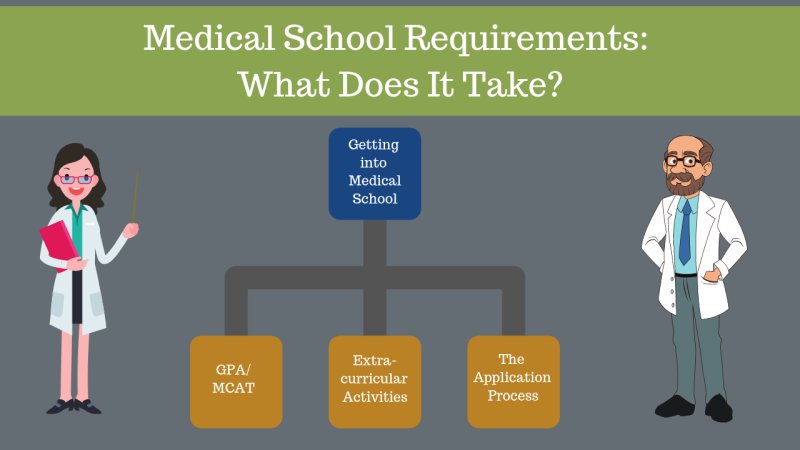Rutger’s PreMed
The latest premed information for
Rutgers University New Brunswick Campus
2020-2021
Rutgers University New Brunswick Campus Pre Medical Advisor Report
2018 – 2019 Best Pre Med Colleges
Total MD Applicants, 2017 – 2018 = 451
Total DO Applicants, 2017 – 2018 = 212

Rutgers Pre Med
Rutgers University-New Brunswick Fast Facts
- Year Founded: 1766
- Total Enrollment: 36,168
Learn more about Rutgers University-New Brunswick and how to become a Rutgers University-New Brunswick premed:
- Rutgers University-New Brunswick
- 65 Davidson Road, Room 202, Piscataway, NJ 08854
- (732) 932-1766
- https://newbrunswick.rutgers.edu
MedEdits PreMed Timeline
In this premed timeline video, Dr Freedman discusses:
- Premed Timeline
- Pre Med Requirements
- Best Pre Med Courses to Take
- Pre Med 4 Year Plan
- Pre Med 5 Year Plan
- Pre Med Acceptance Timeline
Premed Timeline 2020-2021
Related article: What are the Best Pre Med Majors? A Definitive Guide (2021-2022)
You’re premed. Does it matter where you go to college?
You’re headed to college and ready to begin your premed and medical school application timeline journey.
So, does it matter where you go to college?
Going to the “best college” to which you are accepted may not always be a wise choice.
If you are certain that you want to go to medical school, think twice.
I’m often asked: Isn’t a “top ranked” college the best option for a premed?
Is the college in which you’re interested notorious for being a “premed weeder” school?
Do their premedical classes have impossible curves?
If so, your GPA may suffer. This could negatively influence your chance of admission to medical school.
Where you go to college matters.
So, what should you do?
First of all, I do advise all premed students to attend four year universities rather than community colleges.
Community college classes are not considered as rigorous and most admissions committees do not respect grades from community college courses.
What should you consider when evaluating premed classes?
As you decide where to attend college, also consider class sizes.
A common applicant complaint is:
“But my classes are huge. My professors don’t know me. I have no one I can ask for letters of reference.”
Related Video: What is a Good MCAT Score? MCAT Scores 2021-2022
You know you want to go to medical school.
In other words, you know you want to go to medical school.
- Consider the academic competitiveness of the school
- Class sizes in making your college choice
- Consider the curriculum that will help you prepare for the MCAT and has a track of record of students who obtain competitive MCAT scores
So, here’s the deal:
What may be best is to attend a reputable undergraduate college,
But,
Don’t choose a school that is not notorious for making it very tough to earn good grades.
Do choose a school where you will get a solid educational foundation in the sciences.
What else?
Choose a school where you will have the chance to work directly with your professors rather than teaching assistants.
And that’s not all:
As you make your college choice, seek out information on how premedical students fare.
Be sure to ask premed precollege administrators the following questions:
What percentage of students who enter college as “premeds” graduate and attend medical school?
Do your premed homework.
Where do graduates attend medical school?
So, ask the following:
What percentage of students who want to apply to medical school are “approved” for a premedical committee letter?
Well, you can read more about this in my book.
In Chapter 5 of The MedEdits Guide to Medical School Admissions, I discuss this item which couled be part of your application process.
But, here’s the most important part:
Be sure to attend a college where you can pursue your intellectual curiosities.
Related Article: Top 7 Questions About Medical School Requirements (2021-2022)
Medical school admissions requirements tip
Remember:
Medical school admissions committees do not require applicants to major in a science.
But,
You will need to enroll in challenging science courses.
In fact:
With medical schools seeking diverse student bodies, admissions committees like to see distinctive and atypical majors.
For example:
Medical school admissions officers like applicants with academic diversity,
Consider this:
Think about a major or minor in a nonscience discipline such as art history or Hispanic studies.
The bottom line:
Your intellectual pursuits during college can actually distinguish you during the application process.
So remember:
College might also be one of the last times you can pursue your nonmedical and scientific interests in depth.
So, make the most of it!
Excerpt from The MedEdits Guide to Medical School Admissions by Dr. Jessica Freedman.
The Medical School Admissions Guide
The MedEdits Guide to Medical School Admissions
This is comprehensive and up to date guide offers realistic advice for applicants on many topics including:
- Where to go to college if you are premed
- When to take the MCAT
- Whom to ask for letters of reference
- How to write a personal statement
- How to write application experience entries
- How to write “most meaningful” experience application entries
- What medical schools look for in applicants
- Medical school admission requirements
- What applicants can do to market themselves most effectively
- How medical school admissions committees decide whom to interview
- What to do if you are “waitlisted”
- Deciding where to apply and attend
Looking for other top premed universities?
Check out our state by state list below.

Best Pre Med Schools
As a premed, you must have a reliable and knowledgable premed advisor. If you don’t have one, consider working with us throughout your college years. Click Here for information.








